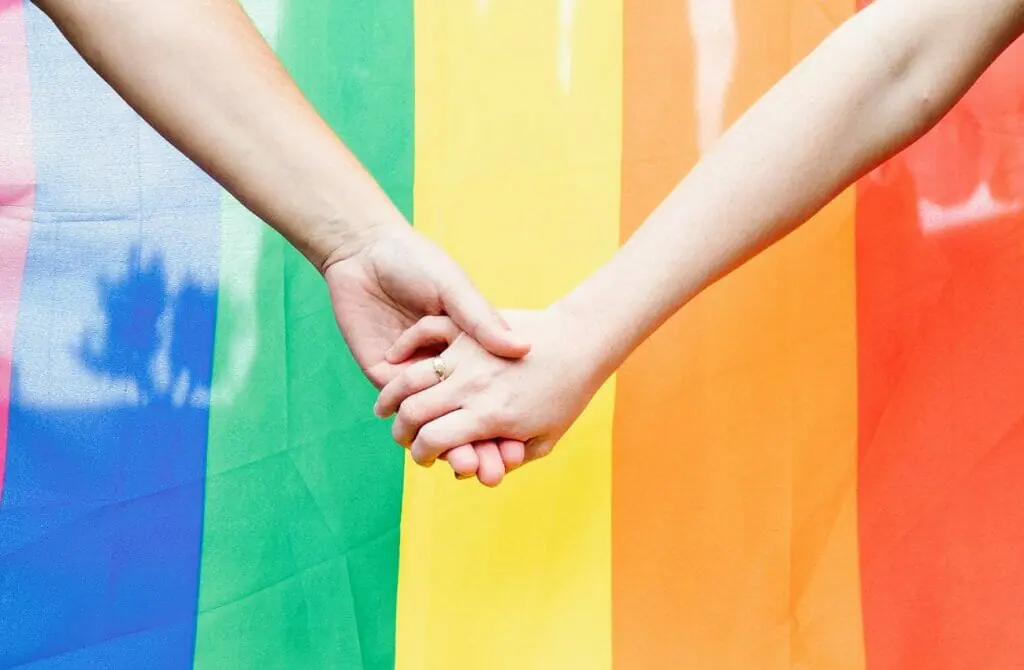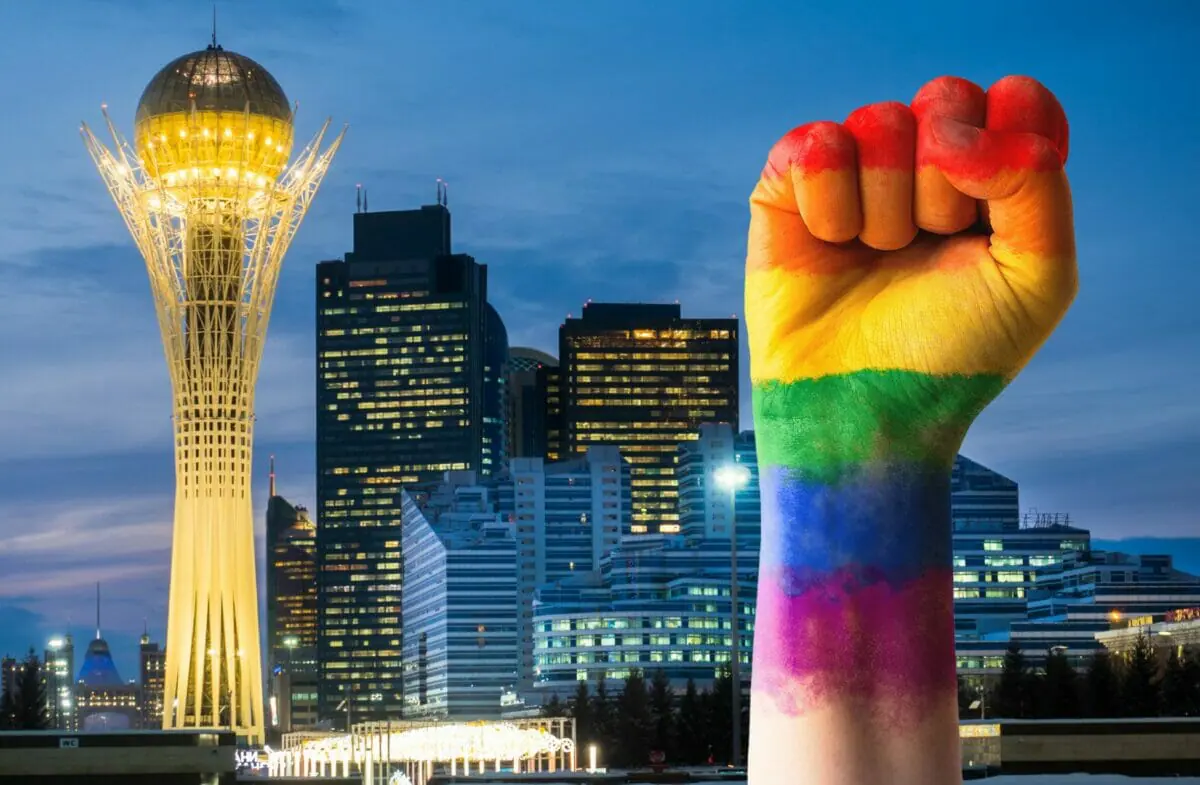LGBT rights in Kazakhstan have experienced gradual progress since the dissolution of the Soviet Union. Both male and female same-sex sexual activity was decriminalized in 1997, with the age of consent equalized for both heterosexual and homosexual relationships. However, the situation for local LGBT community members remains challenging, as many continue to face discrimination and marginalization in their daily lives.
While tourists may not face the same level of challenges as local LGBT individuals, it is essential for visitors to remain aware of the local context and always stay vigilant. Situations can change rapidly, and information can become outdated. Therefore, travelers should seek up-to-date advice before embarking on their journey to ensure a safe and enjoyable experience.
To protect both local residents and tourists, it would be beneficial for the government and the international community to support and collaborate with local LGBT advocacy groups and organizations. By raising awareness, providing support services, and fostering a more inclusive environment, Kazakhstan can take steps towards ensuring equal rights for its LGBT community.
While LGBT rights in Kazakhstan have shown progress, the situation contrasts sharply with nearby countries like Uzbekistan, where same-sex relationships between men are still illegal, and Afghanistan, where the resurgence of the Taliban regime has led to increased persecution and lack of protections for the LGBT community.
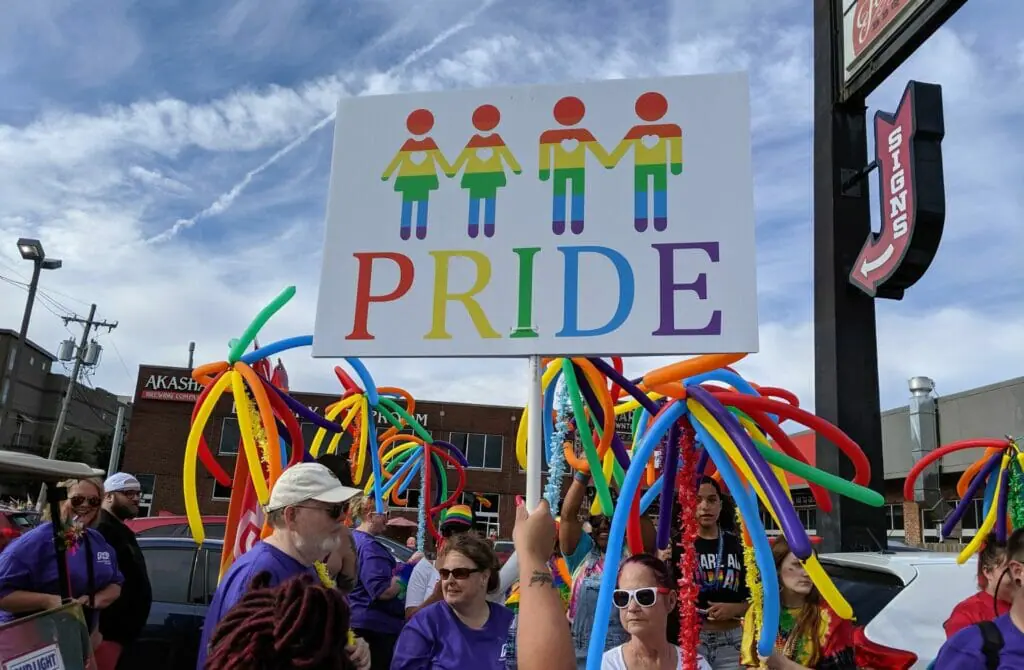
History Of LGBT Rights In Kazakhstan
LGBT history in Kazakhstan has had its share of both tolerance and persecution. The journey dates back to the early 20th century when homosexuality was initially decriminalized in 1917, following the October Revolution, which established the Soviet Union.
Kazakhstan’s LGBT community had high hopes for positive change when the country placed a bid to host the 2022 Olympics. Unfortunately, the nation lost the bid, stripping away the prospect of any international pressure to tackle its homophobic ways.
When it comes to local people versus tourists, both groups might experience harassment and discrimination. The threat of violence colors the everyday lives of LGBT individuals in Kazakhstan, affecting both locals and visitors. While the situation might not be entirely different for a tourist, it is still essential to exercise caution and vigilance. Always be aware that situations can change quickly, and information may become outdated, so seeking current advice before traveling is crucial.
To protect oneself, it’s advisable to connect with relevant LGBT advocacy groups that can provide up-to-date information and necessary support, such as Human Rights Watch. These organizations work to raise awareness and push for change in LGBT rights, benefiting both locals and travelers.
It’s crucial to remember that, just like in any country, there are always bad actors around. Err on the side of caution, and stay vigilant during your stay in Kazakhstan. The situation can change rapidly, and it’s vital to prioritize your safety, no matter how excited you might feel about visiting this fascinating destination.
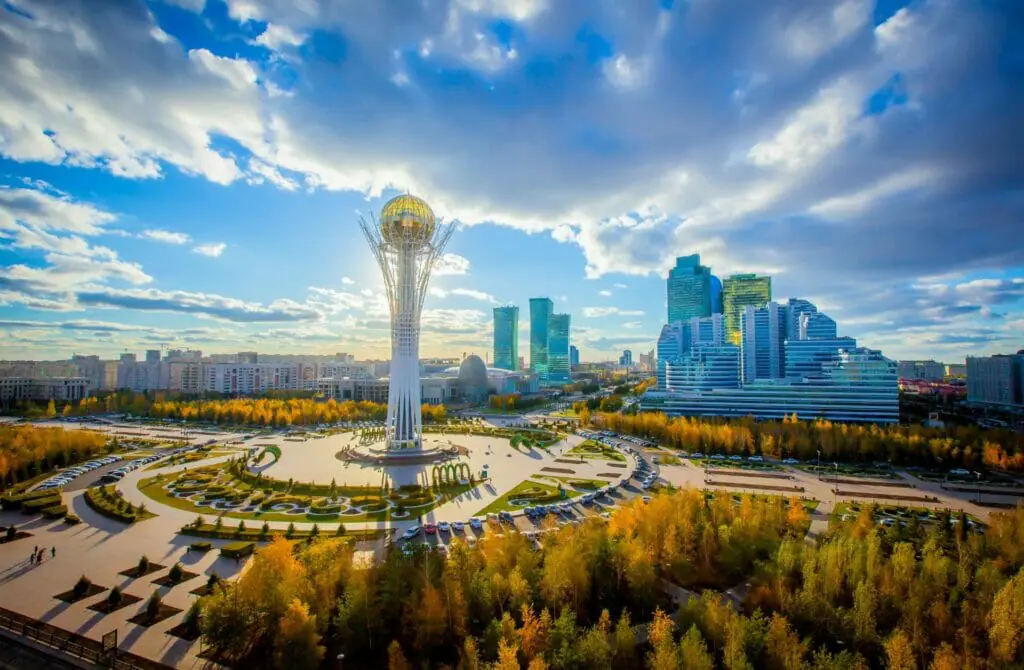
The LGBT Legal Situation In Kazakhstan
In Kazakhstan, the legal status of homosexuality and the rights afforded to transgender individuals, such as the ability to legally change gender post-surgery since 2003 and the permission to serve in the military since 2022, reflect a complex landscape of LGBT rights in the region. This complexity is echoed in neighboring countries, each with its own unique stance on LGBT issues. For instance, in Mongolia, homosexuality is legal, but the country still struggles with societal acceptance and lacks comprehensive anti-discrimination laws. This indicates a similar pattern of partial progress mixed with significant challenges.
In Moldova, the situation is somewhat more progressive. Homosexuality is legal, and there are laws in place to protect against discrimination based on sexual orientation in employment. However, like Kazakhstan, same-sex marriage is not recognized, and broader societal attitudes continue to pose challenges.
Ukraine, meanwhile, presents a contrasting picture. While homosexuality is legal and there have been strides towards LGBT rights, such as the introduction of anti-discrimination laws in employment, the country still faces significant opposition to full LGBT equality, particularly in the recognition of same-sex relationships and broader societal acceptance.
Belarus, on the other hand, is a more challenging environment for LGBT individuals. Homosexuality is legal, but there are no laws protecting against discrimination, and the conservative social climate often results in stigma and marginalization of the LGBT community. This reflects a broader regional trend where legal recognition does not always translate into societal acceptance or comprehensive rights for LGBT individuals.
These varied scenarios across Kazakhstan, Mongolia, Moldova, Ukraine, and Belarus highlight the nuanced spectrum of LGBT rights in Eastern Europe and Central Asia. Each country’s approach to LGBT issues offers insights into the challenges and progress in the region, emphasizing the ongoing struggle for complete equality and acceptance.
There is still much work to be done regarding legal protection for the LGBT community in Kazakhstan, as discrimination based on sexual orientation and gender identity remains illegal in some contexts but not in others. The CESCR has recommended that Kazakhstan combat discrimination against LGBT persons and adopt comprehensive anti-discrimination legislation that includes sexual orientation and gender identity (SOGI).
While the legal situation in Kazakhstan may not be perfect, the country does have emerging LGBT communities in cities such as Astana, Aktobe, Almaty, Karaganda, Kostanay, Pavlodar, Petropavl, and Oskemen. A number of LGBT advocacy groups are operating within the country, often through HIV prevention activities or within independent “initiative groups.”
When traveling to Kazakhstan, LGBT tourists should remain aware of the local legal situation, as well as cultural attitudes and prevailing sentiments. Situations can change quickly, and information can become outdated, so be sure to seek current advice before traveling. Keep in mind that, as with any country, there may be individuals with prejudiced attitudes, so remaining vigilant and cautious is always a good strategy.
In terms of protection, reaching out to local LGBT advocacy groups can be helpful for understanding the latest information about the legal situation and what precautions should be taken. Remember to be respectful of cultural norms and values while also staying alert to any potential danger.
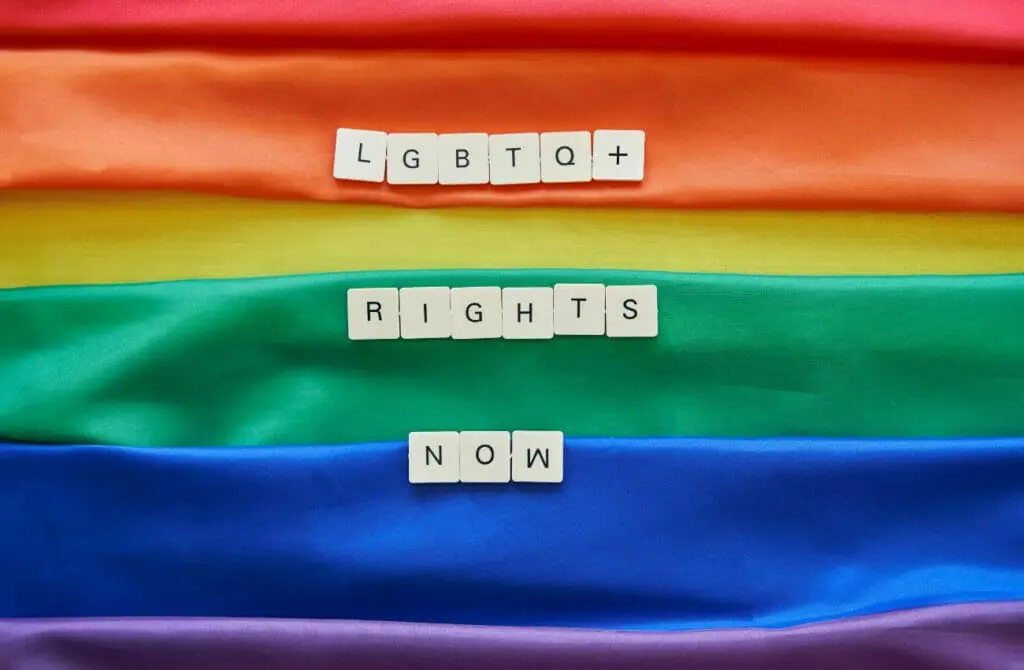

The LGBT Social Situation In Kazakhstan
LGBT rights in Kazakhstan have been slowly evolving, with transgender people being allowed to legally change their gender since 2003 and LGBT people permitted to serve in the military since 2022. There are small gay communities in various cities like Astana, Aktobe, Almaty, Karaganda, Kostanay, Pavlodar, Petropavl, and Oskemen.
However, the overall social atmosphere for LGBT individuals can still be challenging. Many members of the LGBT community hide their sexual identities to avoid insults, marginalization, and even violence. It is important for both locals and tourists to be aware of their surroundings and exercise caution when it comes to disclosing their LGBT status.
In order to protect oneself, some steps that could be taken include:
- Staying up-to-date on local news and events in order to confirm the current situation regarding LGBT rights.
- Connecting with and getting advice from established advocacy groups such as Equaldex and Human Rights Watch, which focus on LGBT rights in the region.
- Avoiding public displays of affection or overtly revealing one’s LGBT identity when in unfamiliar or potentially hostile environments.
Always remember that the situation can change rapidly, and there may be bad actors in every country, so remain vigilant. It’s essential to seek current advice before traveling and be prepared to adapt as needed. As the LGBT rights movement gains traction in Kazakhstan, it is crucial for both locals and tourists to support the momentum and contribute to creating a safe and welcoming atmosphere for everyone.
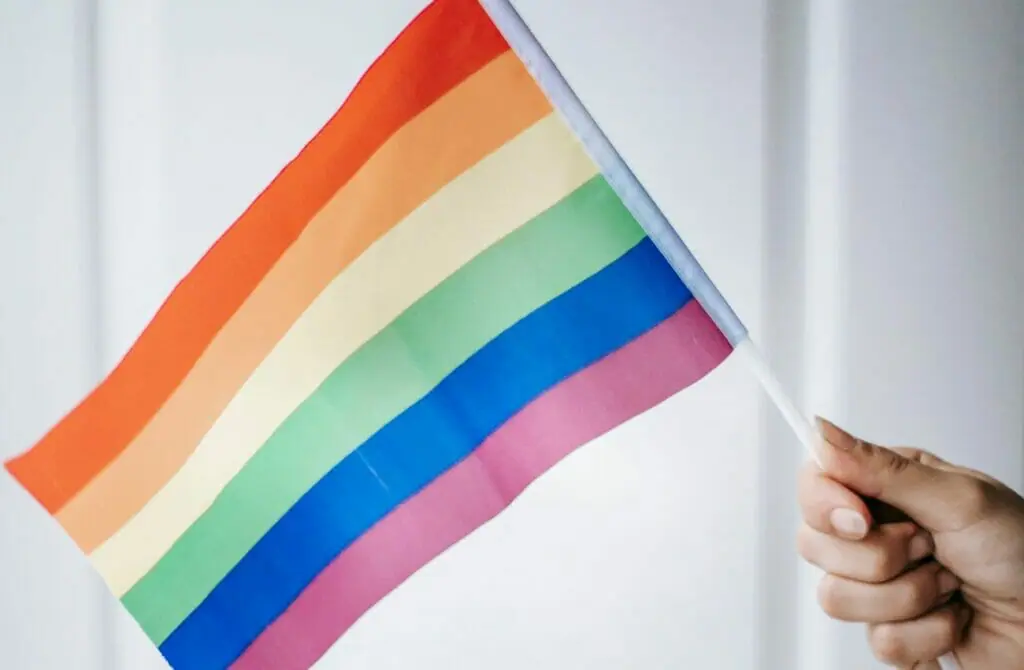
Trans Rights In Kazakhstan
In Kazakhstan, transgender people have been allowed to legally change their gender since 2003. This recognition provides an important step towards ensuring the rights of transgender individuals within the country. However, it is important to note that legal gender change requires surgery, which may not be accessible or desired by all trans individuals.
The country also has made advancements in allowing LGBT people to serve in the military since 2022. There are small gay communities in various cities, including Astana, Aktobe, Almaty, Karaganda, Kostanay, Pavlodar, Petropavl, and Oskemen. Although progress has been made, it’s essential to understand that discrimination and harassment still occur, and the rights of local LGBT individuals may differ from those of tourists.
To protect yourself while traveling in Kazakhstan, always research the current situation regarding LGBT rights, as situations can change quickly, and information may become outdated. It is crucial to stay vigilant and consider potential risks before traveling.
Several LGBT advocacy groups are working to improve the situation for the community in Kazakhstan. While more organized groups may not be easy to find, many activists work independently in “initiative groups” or through HIV prevention efforts.
Remember, it’s important to stay informed and seek advice from LGBT organizations before traveling to Kazakhstan, as circumstances can change, and bad actors can be found in every country. Stay safe and enjoy the vibrant culture and beautiful landscapes Kazakhstan has to offer!
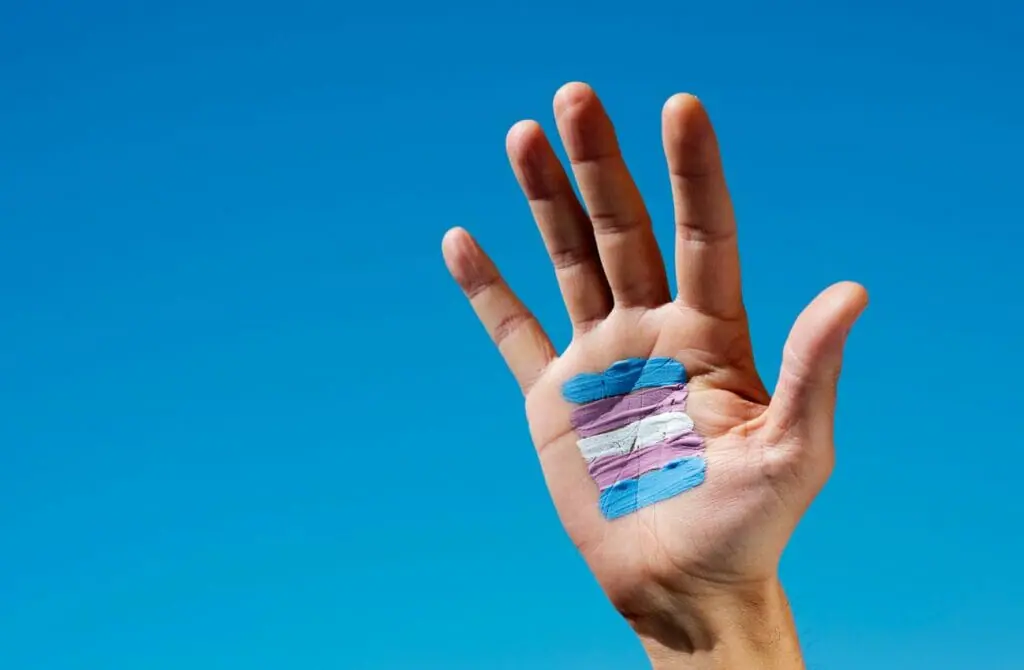

The Future For The Queer Community In Kazakhstan
The future of LGBT rights in Kazakhstan holds potential for growth and improvement. As the country has been gradually evolving on the matter, its policies and public opinion are also changing. Though LGBT rights have come a long way in Kazakhstan, there is still much room for enhancement, catering to both locals and tourists alike.
Kazakhstan’s government has been responding positively to the change; in 2022, LGBT individuals were allowed to serve in the military. Moreover, multiple LGBT groups have emerged over the years, fostering communities in cities like Astana, Aktobe, Almaty, Karaganda, Kostanay, Pavlodar, Petropavl, and Oskemen. These groups play a significant role in shaping the future and provide valuable resources to the LGBT community.
For tourists and locals alike, staying up-to-date on the latest developments and being aware of the present LGBT landscape is essential to staying safe, especially since situations can change fast. Seeking current advice before traveling and remaining vigilant is always recommended.
As more global attention is drawn to Kazakhstan, it is possible that further steps will be taken to protect and empower the LGBT community. The country has shown a commitment to adopting minority-friendly laws and policies in the Central Asian region. It is essential to work together with local and international advocacy groups to promote LGBT rights and ensure their protection.
In conclusion, the future of LGBT rights in Kazakhstan is looking brighter, with the potential for continued growth and a more inclusive environment. By staying informed and supporting advocacy groups, both residents and visitors can contribute to creating a safer and more welcoming Kazakhstan for everyone.
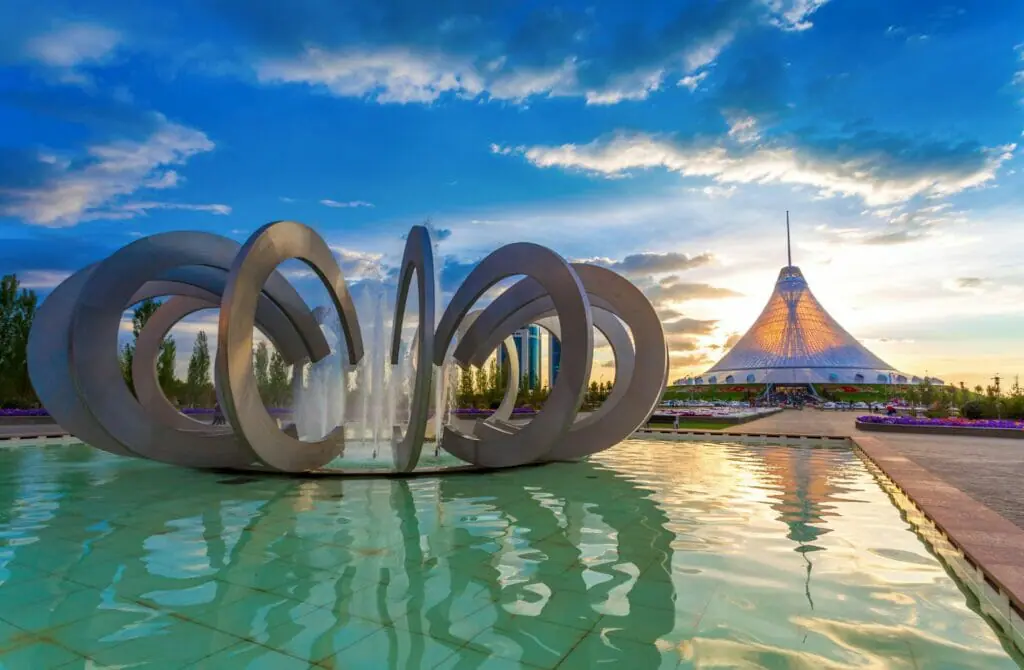
Protect Yourself While Travelling In Gay Kazakhstan
As an LGBT individual visiting or living in Kazakhstan, it is essential to be aware of the local environment and take steps to protect yourself due to the absence of legal protection for same-sex couples and a lack of widespread public acceptance. While same-sex activity is legal in the country, the limitations on legal protections mean a heightened need for caution and vigilance.
When visiting Kazakhstan, it’s important to understand how LGBT rights impact local people compared to tourists. Locals may experience more discrimination and harassment, so it’s crucial to remain sensitive to their situation. For tourists, the need to be discreet about one’s sexual orientation or gender identity is still advisable.
There are actions you can take to protect yourself while in Kazakhstan. First and foremost, do your research and stay informed on the current situation and any changes in the legal landscape. By being well-informed, you’ll be better equipped to make smart decisions about where to go and how to act.
In addition, connecting with local LGBT advocacy groups can provide valuable information about the climate in the country and advice on staying safe. USAID is an organization that has supported advocacy efforts for the LGBT community in Kazakhstan in the past. Reach out to them or other grassroots organizations for up-to-date information.
While Kazakhstan may be more accepting compared to some other countries in the region, it is important to always remain vigilant and cautious. Situations can change quickly, and misinformation or outdated information can put you at risk. Make sure to seek current advice before traveling and monitor any changes during your stay.
In summary, as an LGBT individual in Kazakhstan, it’s crucial to be excited about your journey while staying informed, connected, and vigilant in order to protect yourself and enjoy your stay.
